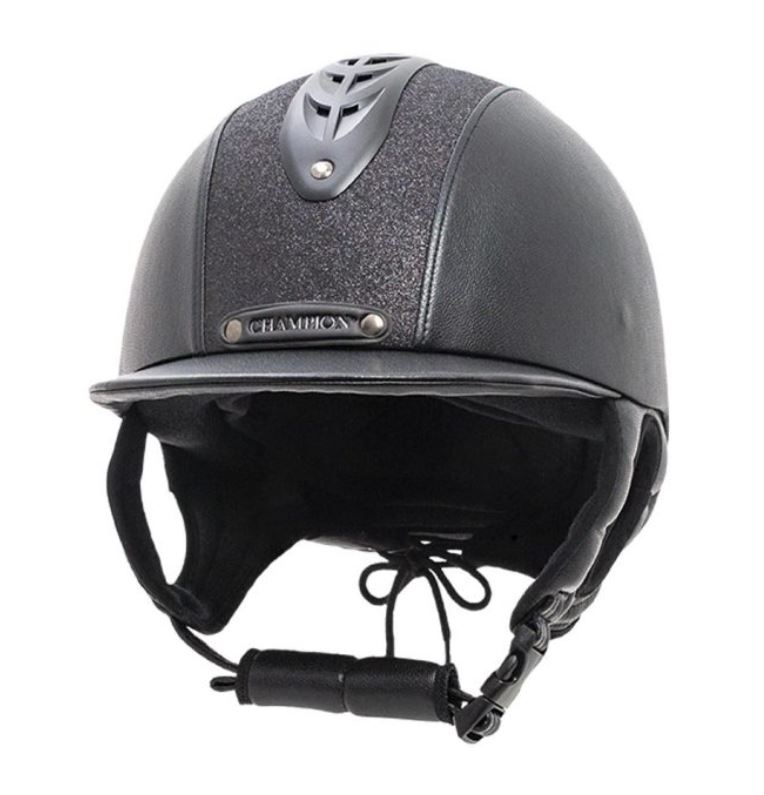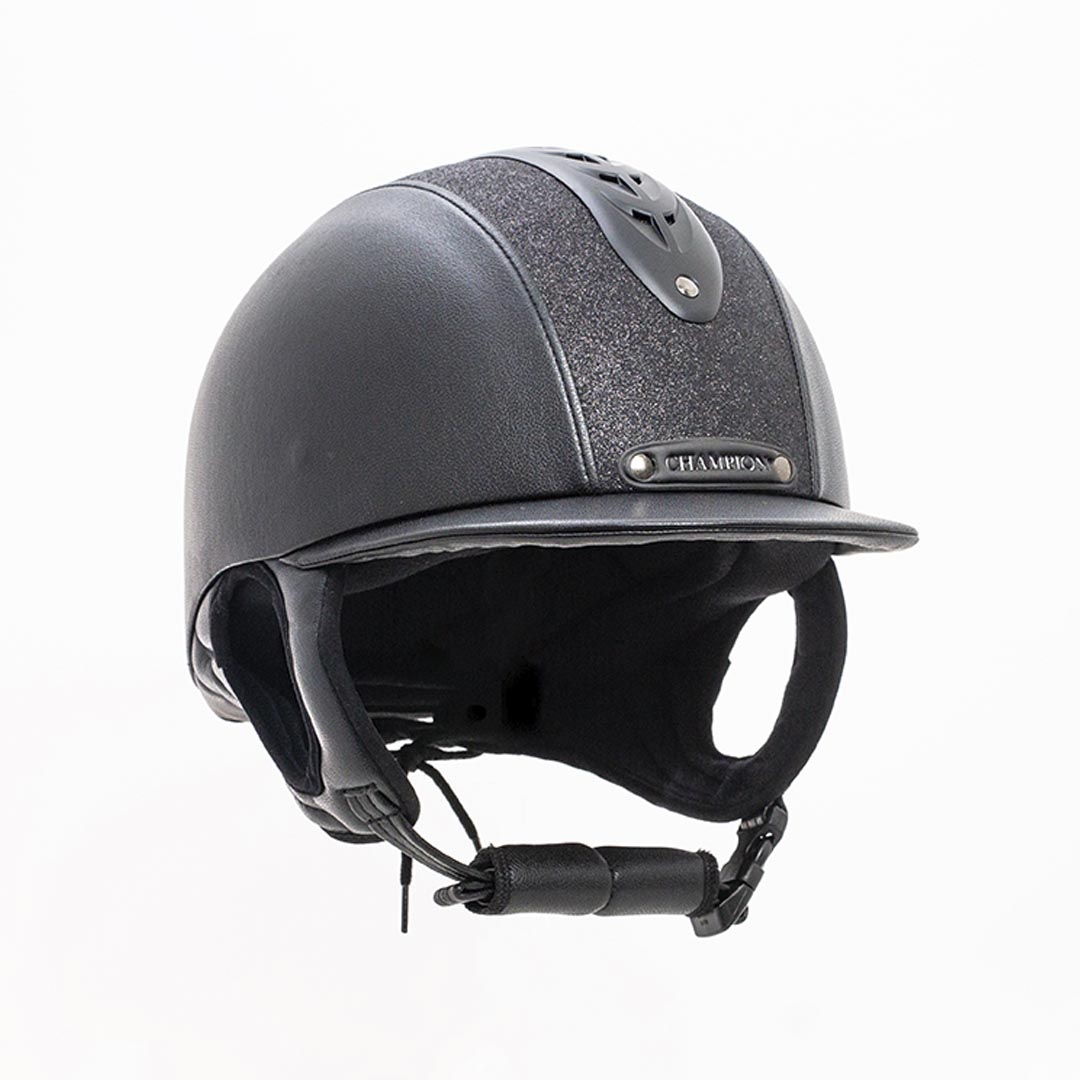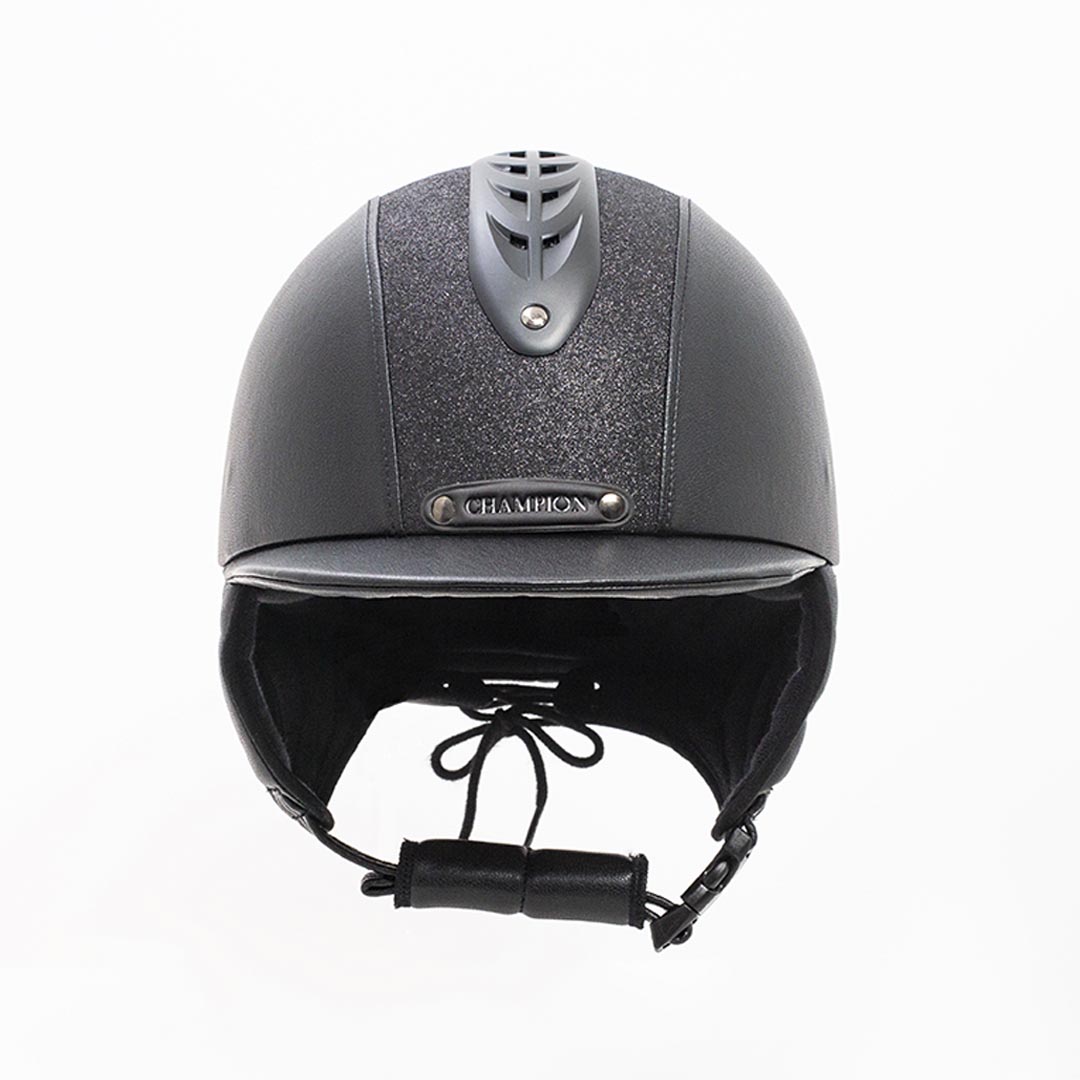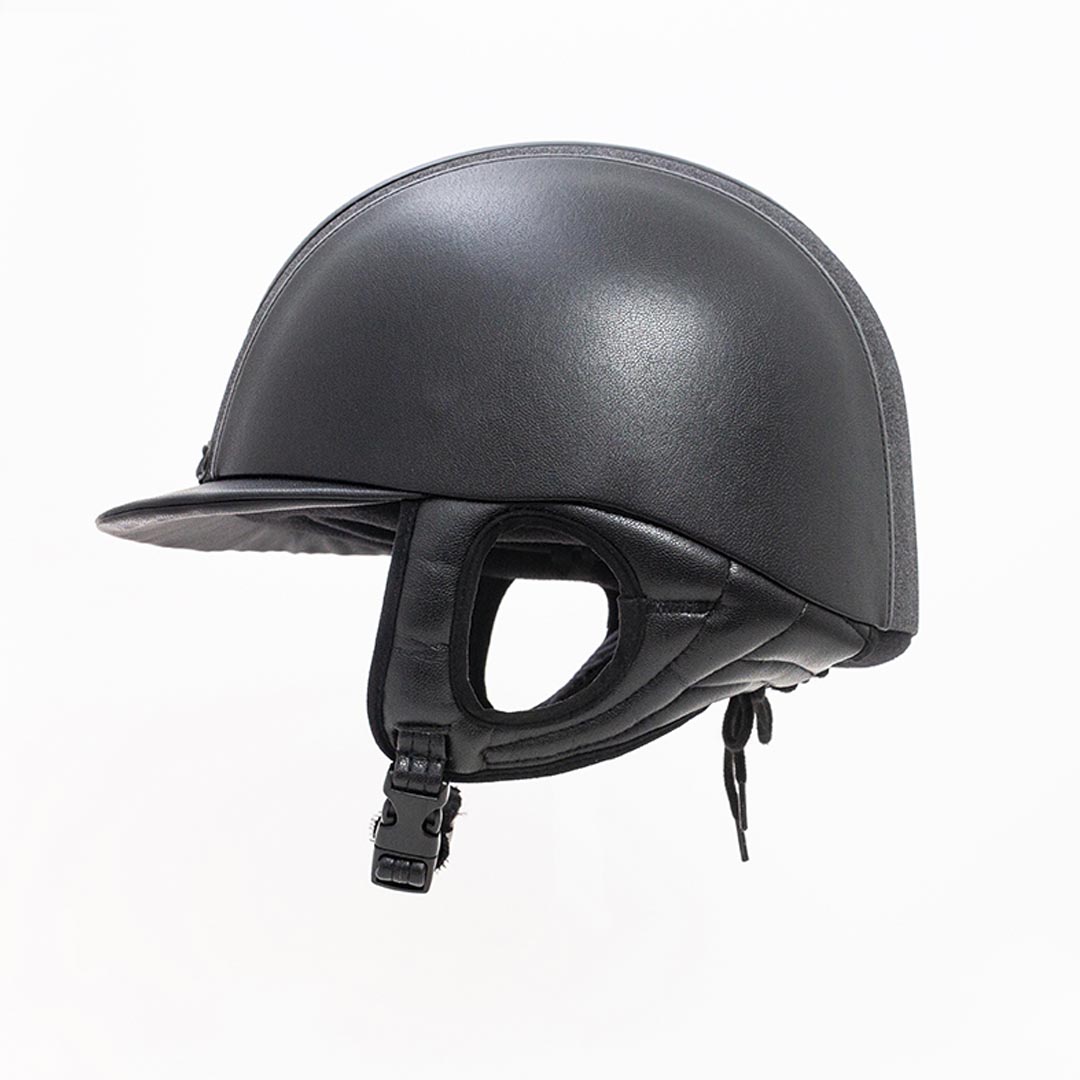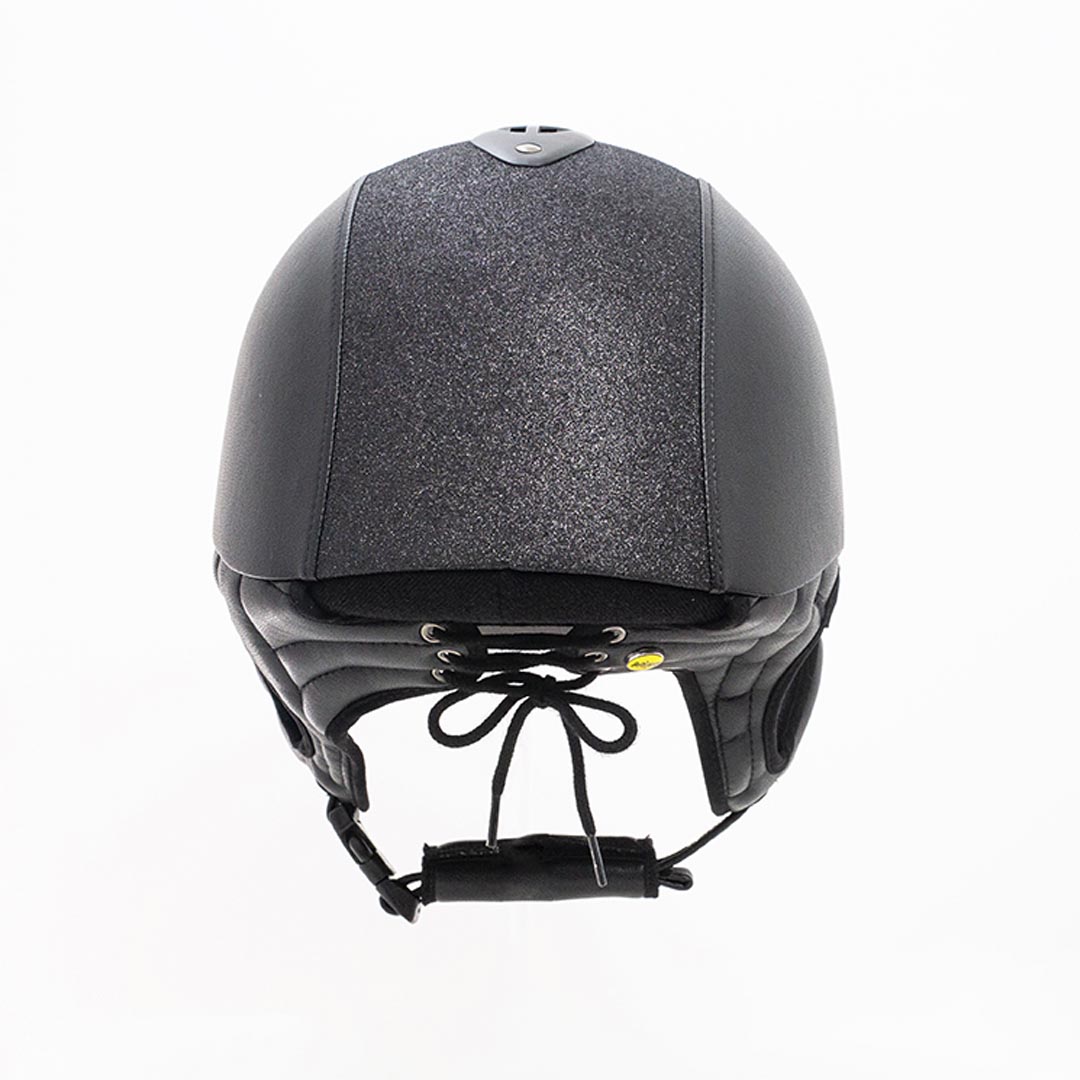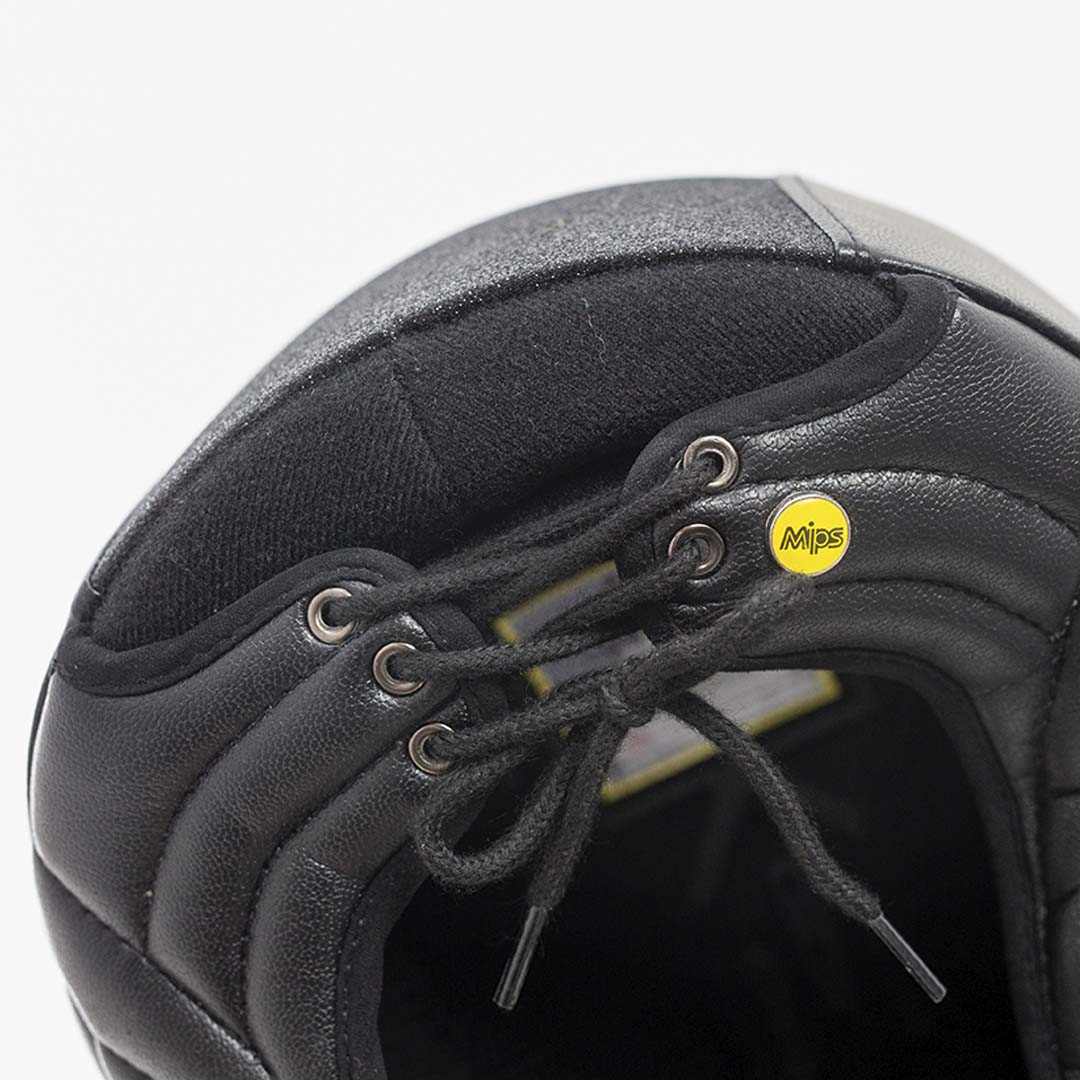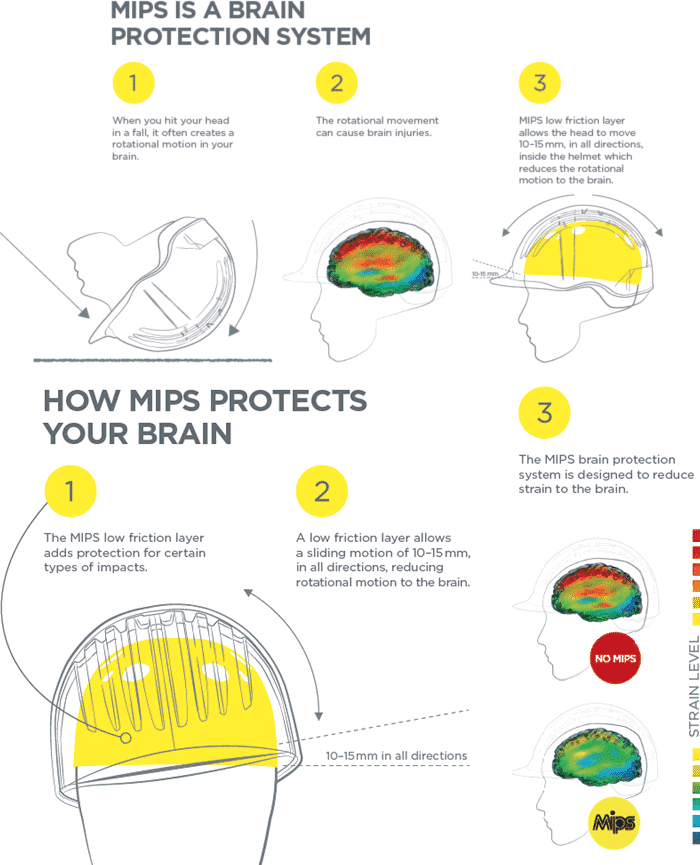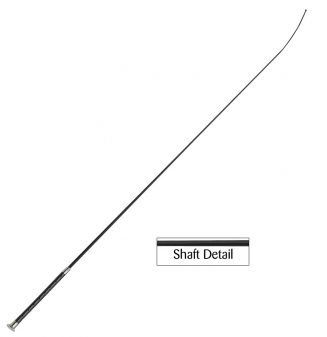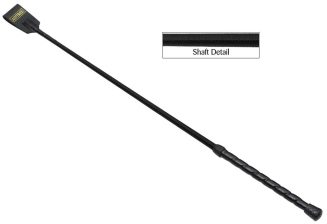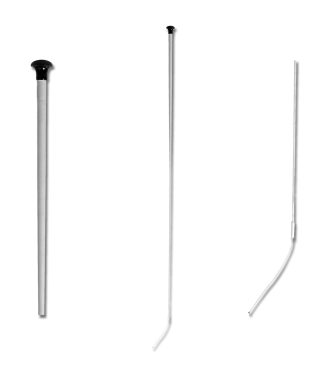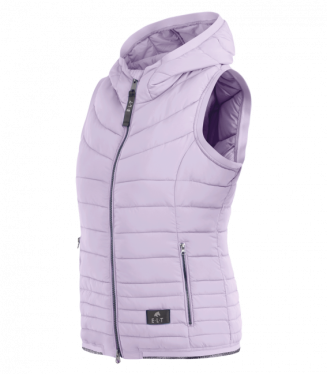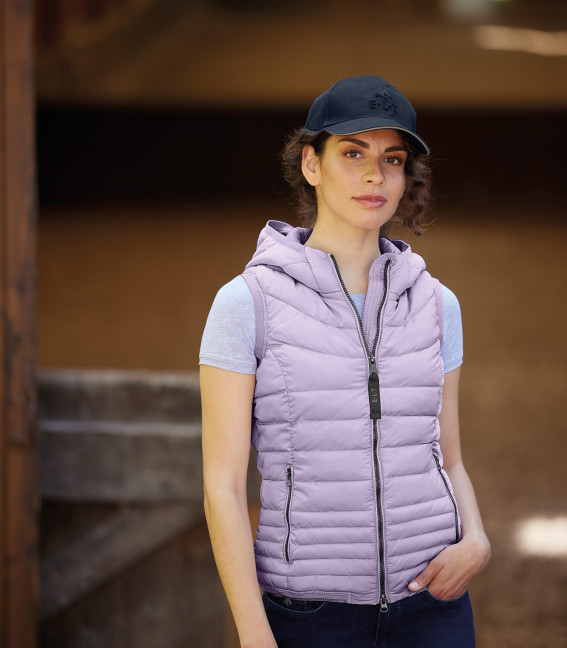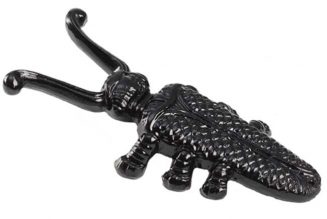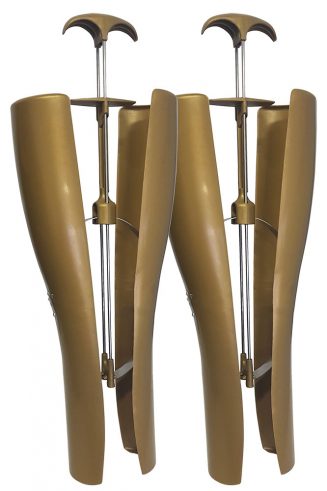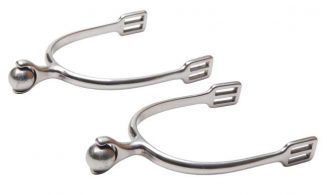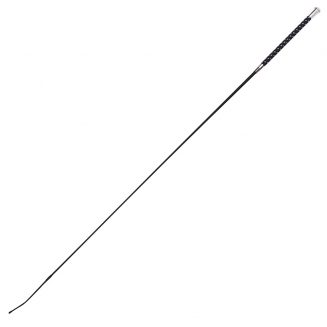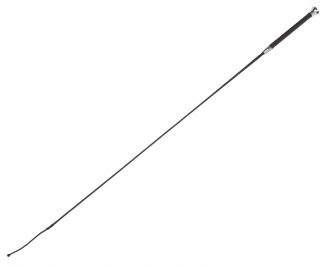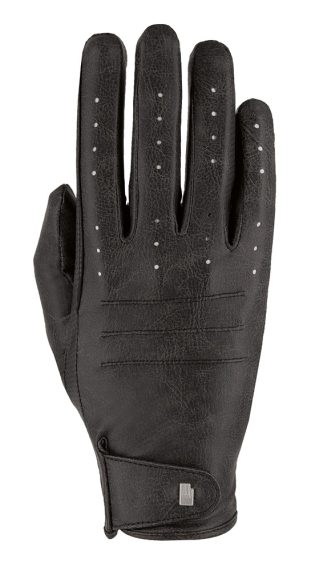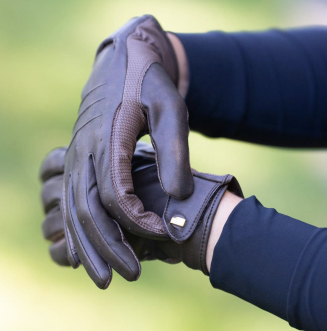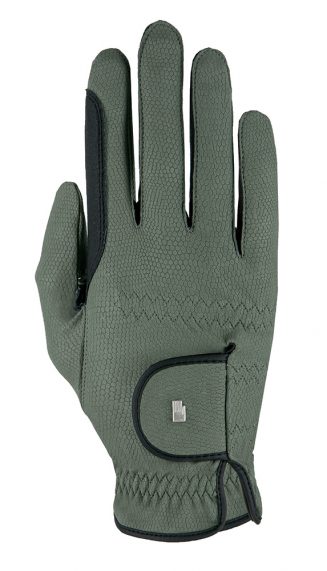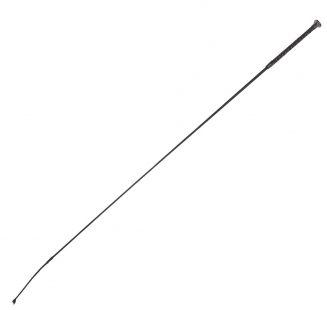Description
Champion Revolve Ventair Radiance MIPS Peaked Helmet Black
MIPS Brain Protection System. This low friction layer allows a sliding movement of 10–15mm, in all directions, reducing rotational motion to the brain during impact. Low profile lightweight fibre glass shell with new contoured shaped peak. Highly ventilated airflow system.
- Low profile lightweight fibre glass shell with new contoured shaped peak
- Highly ventilated airflow system
- Synthetic leather finish with sparkle centre panel and black vent
- Crown comfort padding in breathable hi-tech microfibre, heat formed polyester/nylon with mesh panel inserts
- Four point padded synthetic leather harness with rear lacing adjustment, lined with brush nylon for ear comfort pad compatibility
- Quick release buckle.
This helmet conforms to the following safety standards:
- British PAS 015 2011
- VG1 01.040 2014-12
- ASTM F1163-15
- British Kitemarked to PAS015 2011
What is MIPS helmet technology?

MIPS (Multi-Directional Impact Protection System) is an additional brain protection system.
The MIPS system was invented in 1996 in Sweden by Hans von Holst, a neurosurgeon and Peter Halldin, a researcher from the Royal Institute of Technology.
MIPS is designed to add protection against rotational motion (or kinematics) transmitted to the brain from angled impacts to the head, which is how most riders fall.
Rotational motion is a combination of rotational energy (angular velocity) and rotational forces from angular acceleration that both affect the brain and increase the risk for minor and severe brain injuries.
MIPS’ added protection system has been proven to reduce rotational motion when implemented in a helmet by redirecting energies and forces otherwise transmitted to the brain.
How does MIPS work?
MIPS is an additional liner that is incorporated inside the riding helmet.
This low-friction layer enables your head to move 10-15mm in all directions, which has been proven to reduce the rotational movement to the brain and therefore injury (particularly concussion and traumatic brain injury).
The core idea behind MIPS is to simulate and enhance the brain’s own protection system, which uses the same principle of the brain being able to slide a little bit against the skull.

